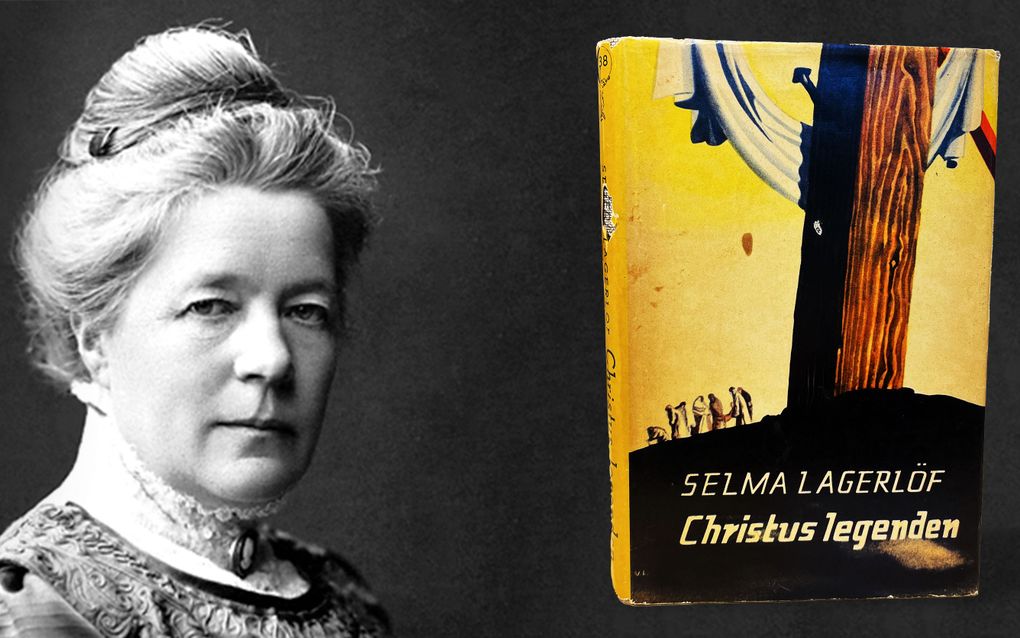Book from Christian prize-winning author is now banned as ‘racist’

Lagerlöf and the Dutch Christ Legends. Photo RD
Opinion
Few writers were as successful as Sweden's Selma Lagerlöf (1858-1940). In 1909, she even received the Nobel Prize for Literature. In large parts of Europe, she was a well-known author. Many of her books were translated in quite a few languages.
Stay up to date with Christian news in Europe? Sign up for CNE's newsletter.
I myself got to know her in 1997. At a large book dump, I picked up a re-issue from 1964 of the Dutch version of Christ Legends (‘Christuslegenden’). At that dump were dozens of copies of that book there. Among Dutch Christians, Lagerlöf must have been widely known. Not only after 1900, when this translation was published first, but also later in the 60s. There are still streets with her name in the Netherlands.
Most of the short stories by Lagerlöf have something mysterious. The earthly and heavenly touch each other. No wonder that the two volumes with "Stories for the Christmas Time" from the 70s that are in our house –and which one of our children put on my lap again in December– both have a story by Lagerlöf.
I would not have told you this if the Christian press in Sweden and Norway had not made headlines in November about the "racist content" of Lagerlöf's work. The story "The Wise Men's Well" is about three beggars who saw a star, so beautiful, so special, like a flower opening. No doubt, somewhere in the world was a king being born now. The beggars would look for him and receive gifts from the child's father and mother.
This is typically Lagerlöf. There is enough to recognise from the Biblical history, but also enough difference to show that it is something else.
There is something wrong with these beggars. One is old, the next leprous and the third black: "a negro, pitch black and with thick lips." But afterwards, they saw that this changed as soon as the child they found in a cave touched them: "For the old beggar had become young, the leper was healthy, and the black one was a fair white man.”
The depiction that a black person becomes white --like a leper becomes healthy-- is obviously racist. Someone who writes such a thing today will no longer receive a Nobel Prize.
As recently as 2013, the Christ Legends were re-published in Norwegian. After the Christian newspaper Vårt land put its finger on this paragraph in November, publisher Verbum made a firm decision: the remaining 400 copies would be destroyed. Although, by the way, no one had ever complained about the 1,500 copies sold.
In Sweden, the book was still reprinted in 2018, but without this specific story.
Well, what to think of all this? To be honest, it is not at all strange to me. In the copy that I bought myself in 1997, I left one pencil mark in the whole book, and it is at this particular paragraph. Apparently, I thought that was a bit harsh even then. But taking a book out of circulation for such a reason is just as a bit harsh too.
Related Articles










